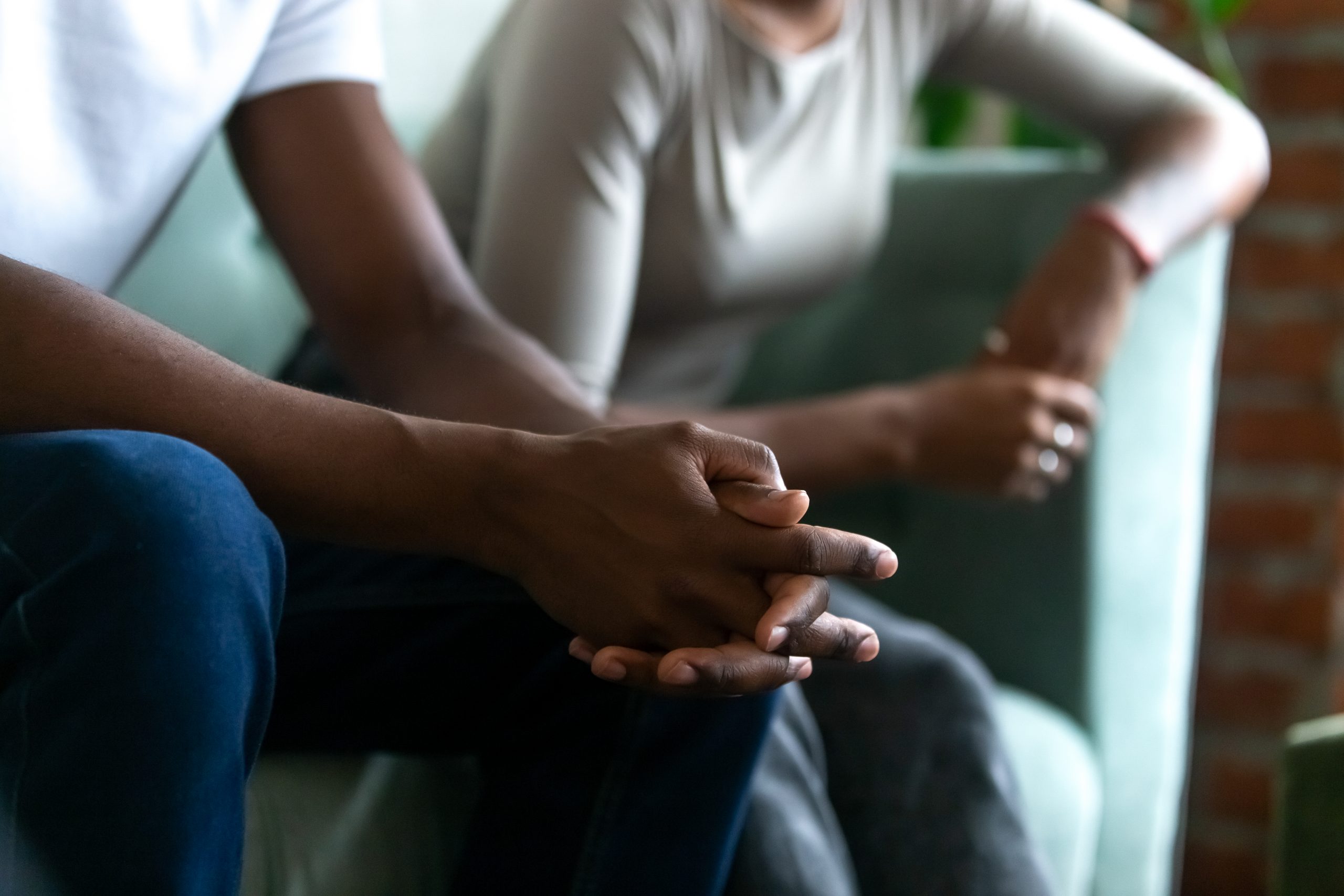
Physical assault is not the only way in which your partner can abuse you. But, how do you spot the signs of emotional abuse? By Nolwazi Tusini
*Not their real names
When Azola Mthimkhulu* met her partner, she thought he was the man of her dreams. He was generous, kind and attentive. “Everything was great. We went to nice restaurants, and he would call every day to check on me. It also seemed as if he cared about my son because he asked about him whenever he called,” she says. Six months into the year-long relationship, her dream turned into a nightmare. Her boyfriend became increasingly restrictive. “He started being really controlling,” she says. “When we went out to dinner, he would order for us. He didn’t want me to speak to the waiter if it was a man.” Although she knew better and had been an advocate for women to walk away from abusive situations, Azola found herself unable to take her own advice. “It’s actually scary. I always said to women on Twitter: ‘don’t stay, leave.’ Now it was happening to me, and I couldn’t,” she says.
The signs
It isn’t easy to spot the early signs of emotional abuse in a relationship, says Naku Masuku, national director of Families South Africa (FAMSA). This is because often, the victim is usually “focused on the abuse; they want to please the abuser at all costs. People from the outside would be the ones who pick up on the emotional abuse in a relationship. The abused might even defend the abuser at that point.” Naku says overly controlling behaviour is one of the most significant signs of an abuser. “The first and main indicator could be a person who wants to know [and] control your every move. If your partner’s behaviour makes you feel small, controlled or as if you’re unable to talk about what’s wrong, it’s abusive,” she explains. As the relationship progressed, Azola’s boyfriend started dictating all aspects of her life, including who she could and couldn’t speak to and what she was permitted to wear in public. “The clothing I used to wear suddenly became too sexy and revealing,” she says. “If we bumped into guys that I went to school with, he would have a problem with them greeting me.” Another sign to look out for is the tendency to blow up in anger over small incidents. “They are often easily insulted, claiming hurt feelings when they are very angry,” explains Nomalanga Ngwenya, programme manager of Agisanang Domestic Abuse Prevention and Training (ADAPT). She says abusers often issue verbal threats such as: “I’ll slap your mouth off”, “I’ll kill you” or “I’ll break your neck”. And, to minimise this behaviour, they often excuse it by saying “everybody talks like that.”
Emotional vs other forms of abuse
Unlike other forms of abuse such as physical, financial or sexual; emotional or psychological abuse is more difficult to spot as it doesn’t leave visible scars. This makes it the most insidious and dangerous abuse because it is difficult to pinpoint. “Emotional abuse is subtle and mostly internalised by the abuser. They play with the mind and the emotions of the abused. It could be termed as one of the most dangerous kind because in most cases, the abused suffer alone. It is very lonely,” Naku says. Nomalanga adds that it is different from other types because it is hard to get evidence except through psychosocial assistance. It is also the least prosecuted due to the lack of evidence. According to experts, other hallmarks include constant public humiliation, restriction of movements outside your home, insults, being made to feel stupid and worthless as well as isolation from family or friends. Emotional abuse is mainly used by one party in a relationship to gain power and control over the other, Naku clarifies. In the end, the person on the receiving end will be so diminished that they won’t have the courage to leave. “Many times, the abused will stick with the abuser because they are made to think and believe that there is no life without them,” she adds.
SEE ALSO: How to support your partner after rape
How to deal with it
Eighteen-year-old Sihle Nkosi* was barely an adult when she found herself deep in a psychological nightmare. Seven months into her two-year relationship with the man she loved deeply, things took a turn for the worse. She was isolated and her partner locked her up in the house for stretches of time, threatening to kill her. He started fat-shaming and destroying her self-esteem until she was convinced that no other man would love her. “He would comment when I was eating a burger, saying ‘you’re not attractive anymore; you’re gaining weight’,” she says. Both Azola and Sihle stayed because they had hopes that their partners would change. Organisation Women Against Abuse explains why it is not always easy to leave an abusive situation. It notes that the cycle of violence has three phases – the honeymoon, tension building and violent incidence. This cycle makes it difficult to break free from an abusive partner. For Azola and Sihle, the final straw was when things escalated to physical violence. Nomalanga says there are several ways to deal with the situation before it escalates to that level. “You should establish boundaries with the abuser; get someone to talk to such as a counsellor, priest or social worker. Also, report the abuse to families and call the Stop Gender Violence Helpline,” she advises. If things still feel overwhelming, seek some form of therapy. “The best thing to do under these circumstances is to seek counselling. It enables you to sort out issues and reach decisions affecting your life. This process involves talking to you in a way that helps solve a problem or create conditions that will make you understand or improve your behaviour, character, values or life circumstances,” she says. Counselling can be conducted face to face or telephonically, and there are free services. Although it’s almost been a year since she left her abusive partner, Azola says the ordeal has put her off relationships for the foreseeable future. “I haven’t dated since; I’m very scared. I don’t want to find myself in that situation ever again,” she says.
The effects of emotional abuse
While emotional abuse does not always leave evidence, it can do significant internal damage. According to Sheila Mathibe from Lifeline, if you are experiencing a cluster of these symptoms due to your relationship, you might need to seek help:
- Sleeping problems
- Depression
- Anxiety attacks
- Low self-esteem
- Lack of trust in others
- Feelings of abandonment
- Sensitivity to rejection
- Inability to work
- Poor relationships with your children and loved ones
- Substance abuse as a way of coping
If you need help
Call ADAPT on +27(0)11 885 3305/3332 or email adapt@worldonline.co.za
Call Stop Gender Based Violence Helpline on 0800 150 150
Call POWA on 011 591 6803
Call LifeLine on 0861 322 322




